What are Hong Kong’s Localists Angry About?
The clashes in Hong Kong earlier this week may on the surface have been about unlicensed food stalls, but were fuelled by a growing “localist” sentiment.
Localists champion greater autonomy for Hong Kong, and protection against what they see as the dilution of the city’s identity amid growing social and political influence from mainland China.
But what is it that has made them so angry?
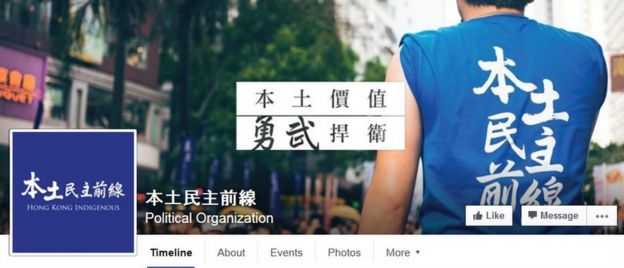
The localist movement is driven primarily by two loose groups – Hong Kong Indigenous and Civic Passion – which grew in strength in the aftermath of the 2014 pro-democracy protests, staging demonstrations and fielding candidates in political races.
Though Hong Kong has many pro-democracy groups, localists and their supporters are known for favouring direct action and not shying away from confrontation with authorities.
Growing income inequality
Sing Ming, a politics professor at the Hong Kong University of Science and Technology, says localists tend to be young people who cherish their Hong Kong identities, as well as those who face economic difficulties.
Government figures show that about 960,000 out of Hong Kong’s population of 7.2 million live below the poverty line, making it the 12th most unequal place in the world.
There is a sense among localists that the government has failed to address the needs of the poor.
Mr Sing says some localists are “extremely dissatisfied” with the government’s handling of this, and “may even think that the policies are the results of collusion between government and business”.
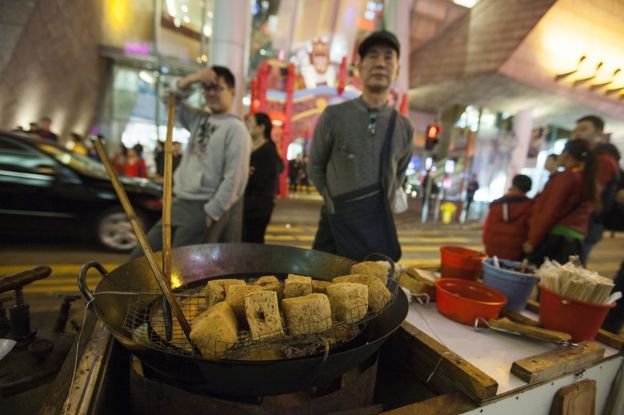
Itinerant street hawkers, in particular, are seen as one symbol of the income gap as their trade has traditionally been seen as a way out of poverty.
But the government stopped issuing new licences in 1970s, and has conducted increasingly strict crackdowns on illegal hawking due to food safety and obstruction concerns, as was the case in Mong Kok.
Some localists believe these moves happened because of political pressure from property developers, who regard hawkers as a nuisance and eyesore.
Meanwhile, shop rents have grown increasingly expensive, which means food vending is now a dying trade. Many people believe the poor are being deprived of one legitimate means of income.
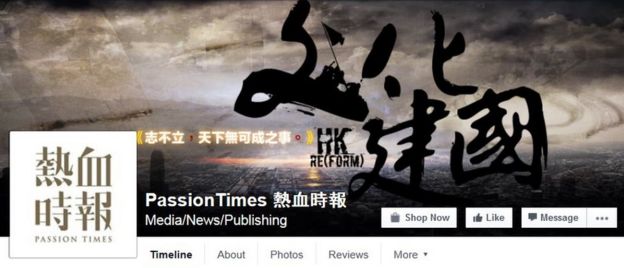
But some also see the clearances of illegal hawkers, as happened in Mong Kok, as a failure by the government to recognise how integral they are to local culture, and a sign that the government has grown out of touch with ordinary Hong Kongers’ desire to preserve their unique identity and freedoms.
Hong Kong Polytechnic University lecturer Leung Chi-yuen, who has been studying hawkers for a decade, says the issue has become a “powder keg” in Hong Kong in recent years.
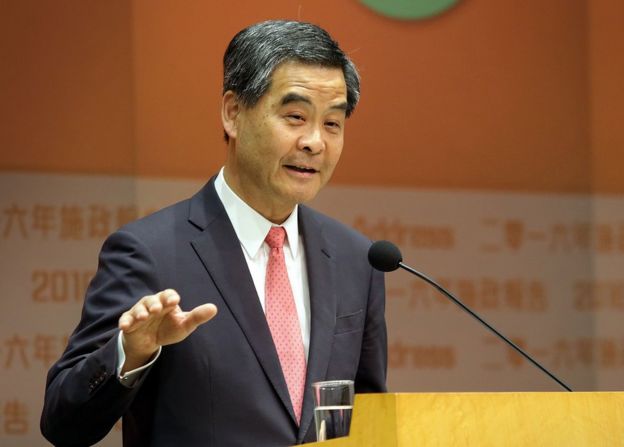
“The government has underestimated the socio-political environment,” he says, and if it decides to further crack down “it will bring unforeseeable consequences”.
‘Out of touch’ government
Politically, the current government, under Chief Executive Leung Chun-ying, is widely seen as pro-Beijing, a view that was reinforced by the crackdown on the 2014 pro-democracy protests.
Incidents such as the disappearance of five Hong Kong booksellers associated with a shop known for selling books critical of the mainland have only enhanced the perception that the city’s freedoms are being eroded.
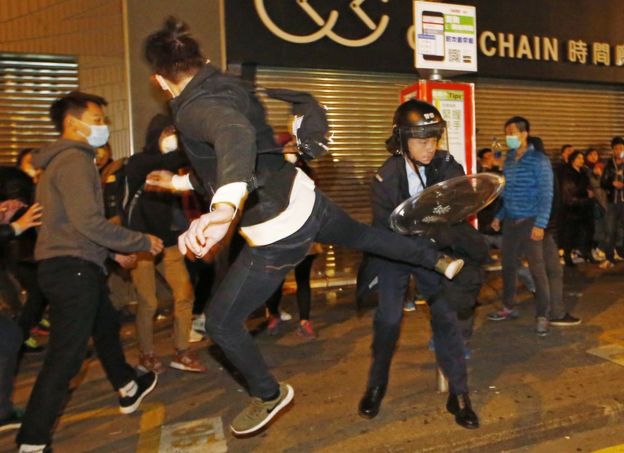
Former head of the civil service, Joseph Wong Wing-ping, notes that the government has been dismissive of its unpopularity and has pressed on with controversial decisions, such as its appointment of a pro-Beijing figure to chair a local university despite fervent opposition.
What happened in Mong Kok “may just be the beginning” of more violence to come, he says.
‘Failed’ Umbrella Movement
The perception of many localists is that after the collapse of the peaceful Umbrella Movement, more direct action is needed.
Two of the founders of key localist group Hong Kong Indigenous, Edward Leung and Ray Wong, told BBC Chinese last year that they regarded the Umbrella Movement as a “complete and utter” failure.
Mr Wong said that during the 2014 protests, “I saw with my own eyes the police inflicting unacceptable violence on unarmed citizens, releasing tear gas.”
He added that the “use of force to prevent violence [from police]” was justified in order for protesters to protect themselves and others.
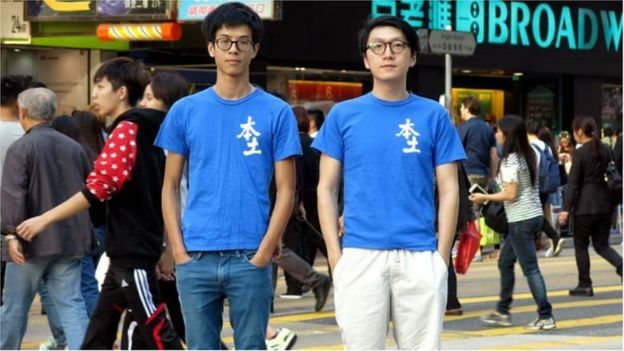
Both were at the protests in Mong Kok. Mr Leung has already been charged with rioting and in a Facebook post on Thursday, Mr Wong said he expected to be arrested soon.
“Once Hong Kong was the land of the Hongkongers, but as I grew older, I noticed that it is no longer the case,” he said, saying he had gone to Mong Kok to protect the market.
“There are going to be more protests. But I urge you, my fellow Hongkongers, to persist.”
By GRACE TSOI and TESSA WONG Feb. 11, 2016 on BBC News.
Read more here


